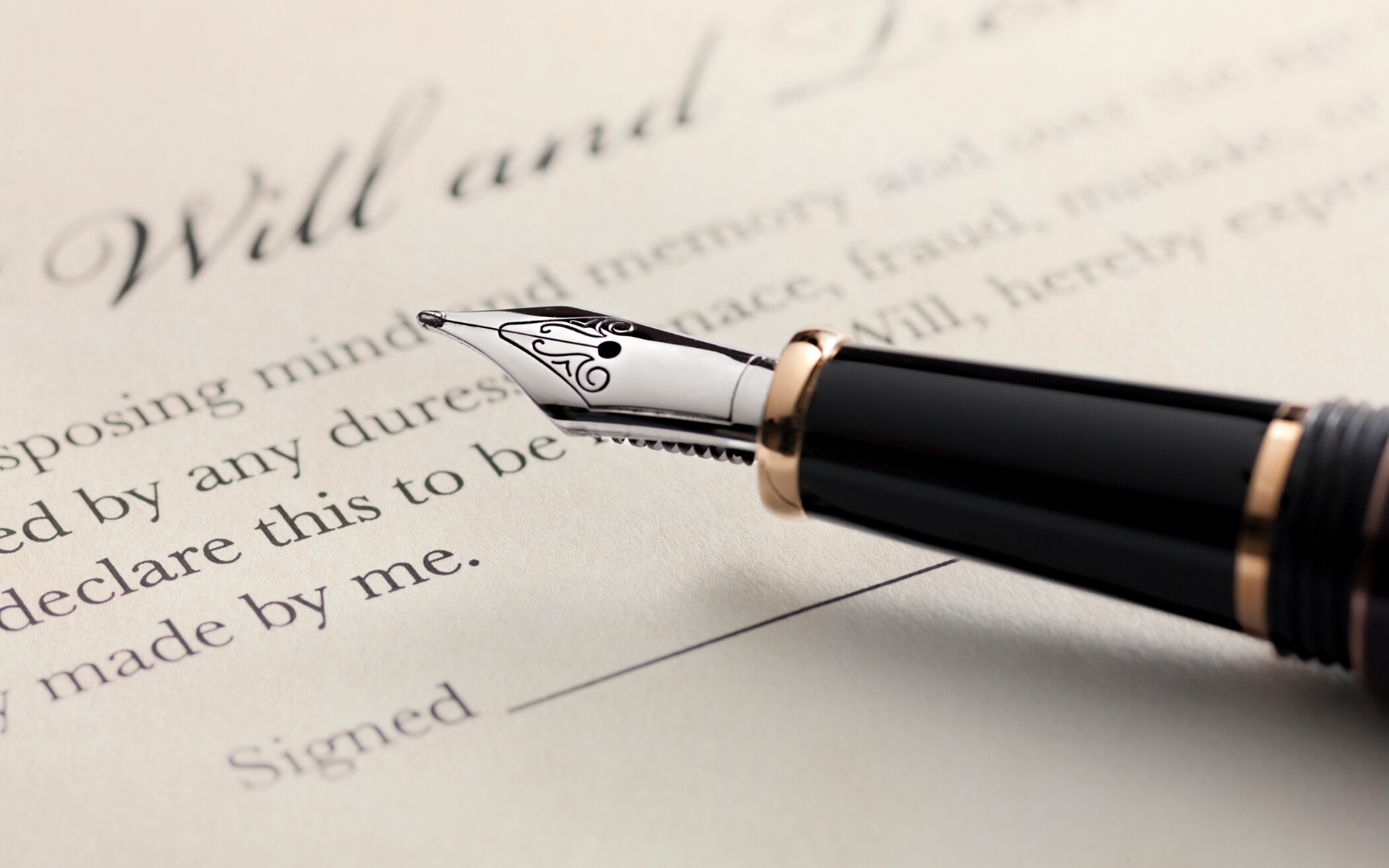
One of the best things you can do for yourself and your family is to have an estate plan in place.
Many people do not take the necessary steps to set up their estate plans until it is too late. Unfortunately, this can lead to confusion and added stress for your family after your death. While it can seem intimidating or stressful to think about your estate plan, it is never too early to start. An important step to take in creating an estate plan is setting up your last will and testament. But one common question many people have is, How many executors can you have in a will?

What Is an Executor of a Will?
The executor of a will is the person who will have the responsibility of gathering your assets, paying your debts, and administering your estate upon your death. Under Indiana law, an executor can also be referred to as your personal representative or administrator.
The executor you select will be entrusted with a large amount of responsibility. Thus, it is extremely important that you understand the implications of designating someone, or multiple people, as executor of your estate.
Who Should I Choose as Executor of My Will?
There is no easy answer to this question. Of course, there are some statutory requirements. For example, a person is not qualified to serve as executor if they are:
- Under the age of 18;
- Incapacitated;
- A convicted felon under state or federal law;
- A resident corporation not authorized to act as a fiduciary in Indiana; or
- A person whom the court deems unsuitable.
In addition to fulfilling these statutory requirements, however, it is also imperative that you choose someone whom you trust with taking on this important role.
Acting as Co-Executors of a Will
If you designate multiple people as co-executors of a will, certain powers can be exercised only if all co-executors agree. Unless otherwise provided for in the will, these powers include the following:
- Instituting a suit on behalf of the estate;
- Employing an attorney;
- Carrying on the business of the deceased; and
- Voting corporate shares of the estate.
Thus, while you can designate multiple executors in your will, it is important to put some thought into determining whether this will be practical. Designating multiple executors who cannot get along and make important decisions together may create problems in the future.
What Happens If One of the Co-Executors of a Will Dies?
While there can be some cons of designating multiple people to act as co-executors of a will, there are also positive aspects. One pro is that doing so can give you one or more alternatives in the event that one person you designate passes away.
The future is uncertain. If you designate only one person as the executor of your estate, there is always a risk that the person will not be alive at the time of your death. This can add complications to the probate process.
If, however, you have designated multiple people as co-executors of a will, you can reduce the risk of complications in the future. Under Indiana Code § 29-1-10-9, if one co-executor is no longer alive at the time of your death, in general, the remaining executor or executors will automatically retain and be able to exercise the same powers.
Contact Our Team Today
The probate process in Indiana can be complicated. But having a will in place can give you peace of mind in knowing that you have made a complicated process less difficult for your loved ones to navigate.
If you have questions about how to set up your will or general questions about estate planning, contact us today. Our team of experienced attorneys has been serving clients in Indiana for 140 years. We provide personalized, targeted plans for each of our estate planning clients, and we would love to do the same for you.
Contact CCHA today online or by phone at 317-773-2190 to schedule an appointment and see how we can help.
